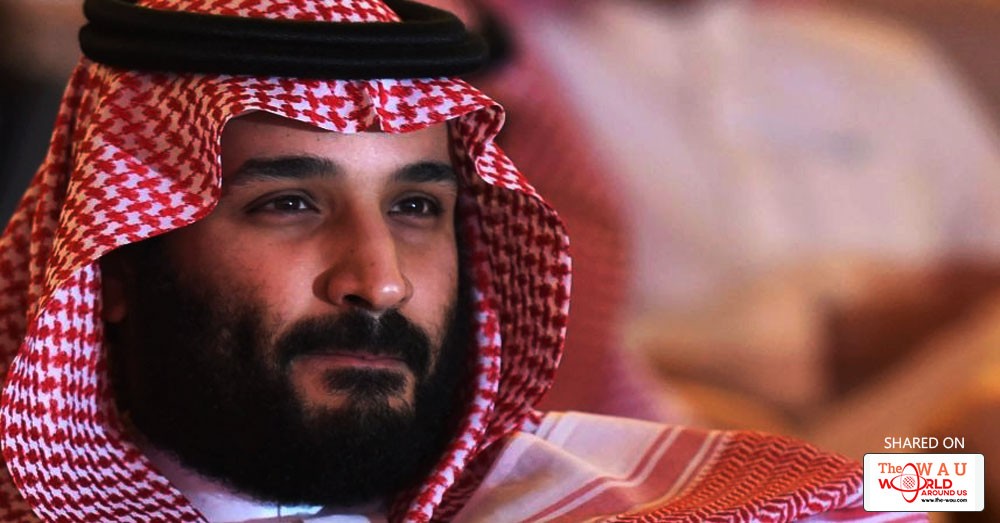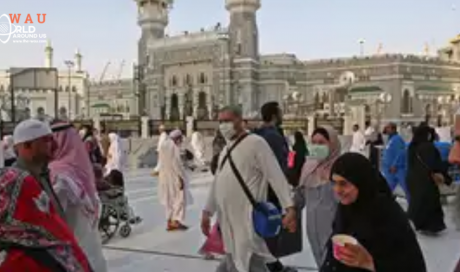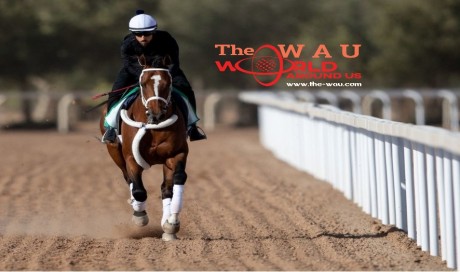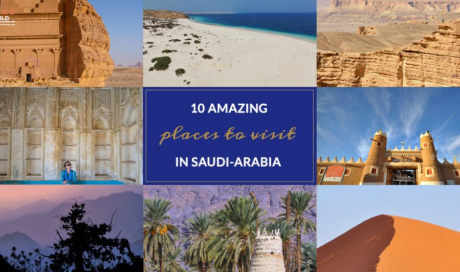The opening shot, which was fired a week ago with the arrest of 11 Saudi princes and ministers by orders of Crown Prince Mohammed bin Salman, has been followed up by the arrests of several dozen office holders, princes and public figures – and the freezing of over 1,200 bank accounts whose owners are suspected of illegal activity such as corruption and money laundering.
It is not yet clear where Prince Mohammed is heading and how many senior officials in the Saudi leadership are on the “blacklist” on which he has been working for several weeks.
To really understand the Middle East - subscribe
The general accepted belief among pundits and analysts in the Arab countries and the West is that the purge is designed mainly to strengthen Mohammed’s status and to remove political rivals, some of whom didn’t hide their criticism of his aggressive policy. At the same time, it’s clear that even the arrest of several tycoons, bankers and politicians cannot uproot the country’s endemic corruption. There will be need for profound reform – perhaps of the type that the circles of influential conservatives will be unable to tolerate – in order to change the culture of corruption that has spread to all the government institutions and has also spilled over into the private sector.
Saudi Arabia has no Lebanon endgame in sight - and it’s bound to backfire | Analysis
The worrisome question at this stage, however, is whether the crown prince, who apparently expects to replace his father during Salman’s lifetime rather than to wait until his death, has taken a calculated risk. Can the kingdom, which is run as a family oligarchy, accept the initiatives of the king and his son submissively – or will it experience a political and economic intifada that at best would stop the heir, and at worst, frighteningly, would lead to the replacement of the heads of the pyramid and bring about an era of instability to the kingdom.
This uncertainty has already caused Western analysts to suggest that their clients wait at least six months before deciding on new investments in Saudi Arabia. Companies operating in Arab countries and in the West, which are connected to the huge Saudi corporations whose heads were arrested this week, hastened to reassure their shareholders – explaining that this is a matter of internal affairs that are unconnected to the conduct and activity of the corporations and don’t affect them.

But these clarifications failed to moderate the plummeting shares of the widespread holdings of billionaire Alwaleed bin Talal, who only about two weeks ago spoke at an investors’ conference in Riyadh, and told them about future plans.
Nobody imagined at the time that the speaker would find himself under arrest in the Ritz Carlton Hotel, without access to phones and television, waiting together with the other detainees to hear what the Saudi government intends to do with him.
As head of the anti-corruption committee, which was hastily formed on the eve of the arrests, Mohammed bin Salman has very broad powers that include confiscating property and restoring to the government fraudulently obtained money. Don’t hold your breath waiting for a proper legal process by which the prosecution will collect testimony and present proof of money laundering and other acts of fraud. Such evidence, if presented, would harm a huge class of Saudi businessmen, as well as foreign companies that bribe intermediaries, most of them close to the royal court, since only they can grant the tenders to those with special interests. The assumption is that several billion dollars that have been confiscated from the bank accounts of the detainees will both convey the message and line the state coffers, which are short on cash.
Since the oil crisis, which erupted in 2014 and for which Saudi Arabia was largely to blame, the kingdom has frozen over $20 billion earmarked for projects in the fields of education, medicine and transportation. It owes billions to foreign companies, with only a quarter of the debt repaid this year. The Saudi Arabia 2030 vision, which is designed to vary the sources of revenue and to reduce dependence on oil, was launched with great fanfare, but it will require huge investments, and mainly changing the Saudi economy from dependence on 10 million foreign workers, to employing Saudi workers.
The problem is that the Saudis have been accustomed to refraining from menial labor for years, while the Saudi education system is not yet built for sophisticated jobs that require advanced professional training and a high level of technological know-how. Such a revolution may be possible, but it will take years before the advent of a generation that will be able to replace the foreign technicians, engineers, programmers and administrators.
Although the kingdom’s laws impose fines on companies and businesses that employ mostly foreign workers, and the country has also legislated strict amendments when it comes to granting work permits to foreigners – the Saudization of work is still in its infancy. Even the highly publicized arrests of foreign workers and sending them back to their countries of origin did not really succeed in reducing their numbers.
Saudi Arabia has also begun a privatization plan for government companies. The most important treasure, the national oil company Aramco, will be partially offered for public sale, which should yield about $100 billion. Also on the table are proposals to sell government-owned sports clubs and part of the stock exchange, and even to build movie theaters and places of entertainment at an investment of $2.7 billion. All these things look good on paper, but it’s hard to guess how these proposals will go down with strong conservative circles and the public.
The issue is that Saudi Arabia’s plans for development and for persuading foreign investors require political stability, without which the kingdom will find it difficult to vary its sources of income. Thus, even if we assume that the wave of arrests was meant to send a message that the war against corruption and the beginning of transparency are on – it is also worrying potential investors, who still don’t know what the country will look like in a week or year from now.
Share This Post












